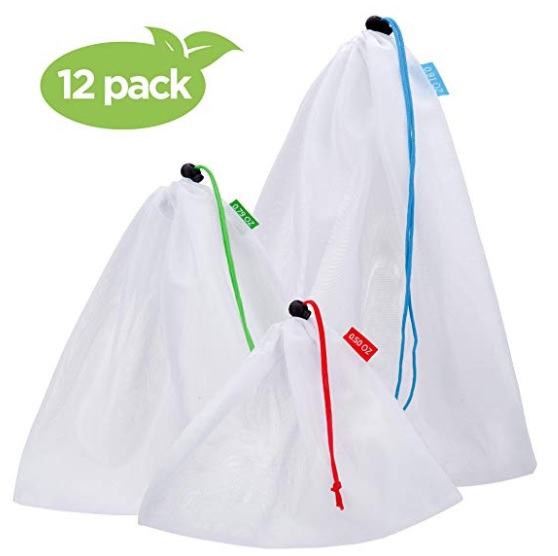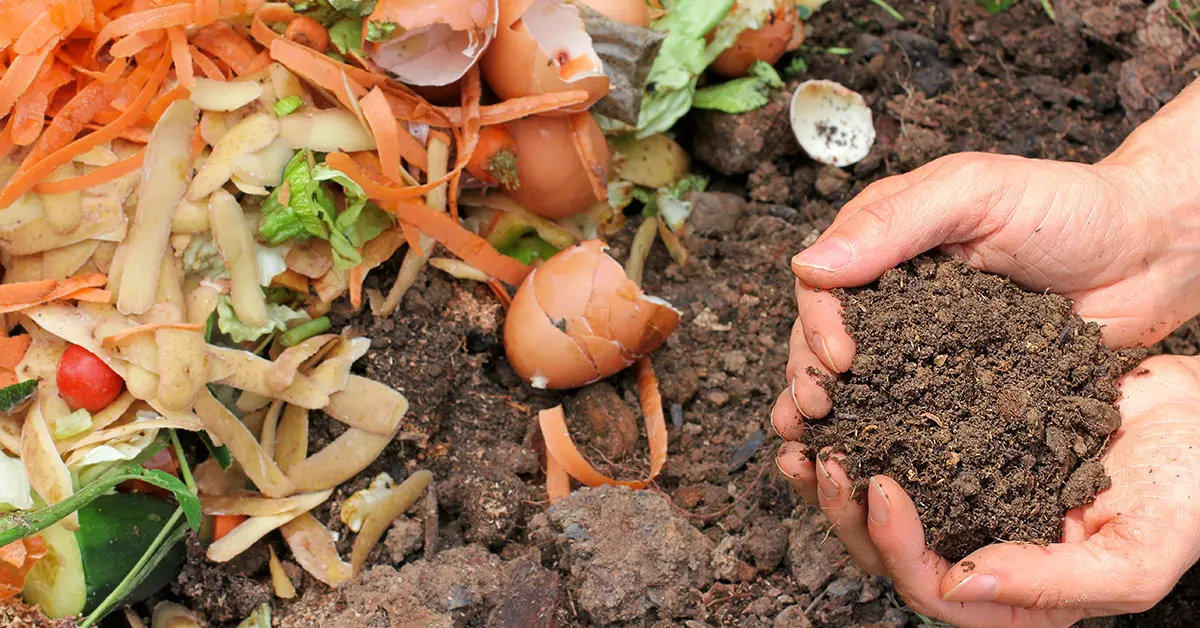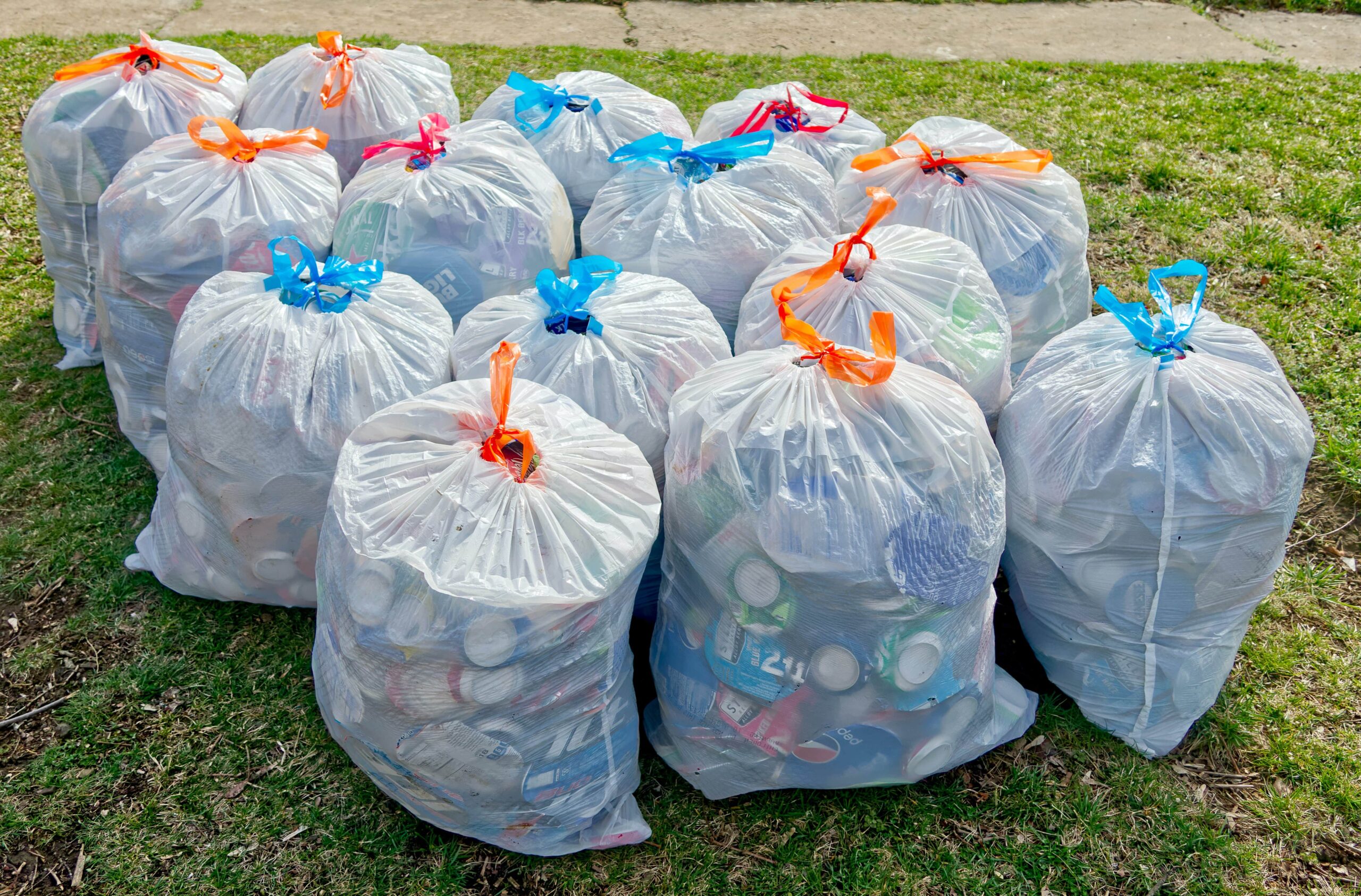Introduction:
In our fast-paced world, disposable cups fuel our on-the-go lifestyles. But the hidden cost of convenience often manifests in overflowing landfills and plastic pollution. Thankfully, compostable cups emerge as a beacon of hope, promising a greener solution. But are they truly the eco-warriors they claim to be? This comprehensive guide delves into the world of compostable cups, separating hype from reality and empowering you to make informed choices for a more sustainable future.
Demystifying the Terminology:
Before diving in, let’s clarify some key terms:
- Compostable: Decomposes entirely into harmless organic matter under specific conditions, typically industrial composting facilities.
- Biodegradable: Breaks down over time, but not necessarily into compostable components.
Compostable Cups: Unveiling the Benefits:
- Landfill Diversion: Unlike traditional plastic cups that persist for centuries, compostable alternatives divert waste from landfills, promoting a circular economy where materials return to the earth as nutrients.
- Reduced Plastic Pollution: Opting for compostable cups helps minimize plastic pollution in landfills, oceans, and ecosystems, protecting wildlife and habitats.
- Renewable Resources: Many compostable cups are made from renewable materials like plant-based starches, cellulose, or biopolymers, reducing reliance on fossil fuels and their associated environmental footprint.
- Hot and Cold Compatibility: Some compostable cups can handle both hot and cold beverages, offering versatility and eliminating the need for multiple types of disposables.
Key Features and Considerations:
- Material Composition: Explore various materials like PLA (cornstarch), sugarcane bagasse, paperboard, or bamboo. Each material has different biodegradation timelines and composting facility compatibility.
- Certification: Look for reputable certifications like BPI Compostable or OK Compost Home to ensure the cups meet stringent decomposition standards and align with your local facilities’ capabilities.
- Composting Infrastructure: Not all regions have access to industrial composting facilities. Home composting may not be suitable for all cup types. Ensure compatibility with your local infrastructure.
- Leakproof Options: Consider leakproof designs for hot beverages to prevent spillage and waste.
- Lid Compatibility: If using lids, ensure they are also compostable or recyclable to minimize overall waste.
Peeling Back the Hype: Addressing Drawbacks and Limitations:
Despite their merits, compostable cups have limitations:
- Higher Cost: Compared to conventional plastic cups, compostable options often come at a premium. However, economies of scale and rising awareness are driving cost reductions.
- Limited Composting Infrastructure: Access to industrial composting facilities varies globally. Improper disposal can lead to contamination and negate the environmental benefits.
- Misinformation and Greenwashing: Not all claims are accurate. Verify certifications and understand limitations to avoid greenwashing.
- Not a Silver Bullet: Compostable cups are an alternative, not a replacement for reducing waste and prioritizing reuse.
Using Compostable Cups Responsibly:
- Prioritize Reduction and Reuse: Opt for reusable mugs or tumblers whenever possible to minimize single-use disposables.
- Understand Your Local Infrastructure: Verify your local composting facilities accept the specific type of compostable cup you choose.
- Look for Certifications: Choose cups with credible certifications like BPI Compostable or OK Compost Home.
- Compost Correctly: Follow composting guidelines specific to the cup material and your local facility.
- Support Sustainable Brands: Choose companies committed to using and promoting responsible packaging solutions.
The Future of Compostable Cups:
Despite limitations, compostable cups hold promise for a more sustainable future. Ongoing research and development are continuously improving performance, affordability, and accessibility. By understanding their benefits, limitations, and responsible use, you can contribute to a future where disposable cups no longer haunt our planet but enrich it.
FAQs:
Compostable refers to the ability of a material to decompose entirely into harmless organic matter under specific conditions, typically in industrial composting facilities.
While both compostable and biodegradable cups break down over time, compostable cups specifically break down into compostable components, whereas biodegradable cups may not.
Landfill Diversion: Compostable cups divert waste from landfills, promoting a circular economy where materials return to the earth as nutrients.
Reduced Plastic Pollution: Opting for compostable cups minimizes plastic pollution in landfills, oceans, and ecosystems, protecting wildlife and habitats.
Renewable Resources: Many compostable cups are made from plant-based starches, cellulose, or biopolymers, reducing reliance on fossil fuels.
Yes, some compostable cups are designed to be compatible with both hot and cold drinks, offering versatility and eliminating the need for separate disposable cup types.
Compostable cups can be made from various materials, including PLA (cornstarch), sugarcane bagasse, paperboard, or bamboo. Each material has different biodegradation timelines and compatibility with composting facilities.
Most compostable cups are technically compostable but not home compostable. They often have a thin layer of bioplastic (like PLA) that prevents them from breaking down in home compost bins. Commercial composting is a better option for these cups.
Certification ensures that compostable cups meet specific standards. Look for certifications like “home compostable” or industry-specific validations to verify their eco-friendliness.
Yes! Compostable cups can be reused as keepsakes, refilled on-site, or even washed and reused at the next event.
Certified compostable cups are non-toxic and free from harmful chemicals like phthalates, bisphenols, PFAs, dioxins, or titanium dioxide.
Compostable cups are heat-tolerant up to 212°F (100°C) and won’t melt in storage or during use.
By diverting waste from landfills, reducing plastic pollution, and utilizing renewable resources, compostable cups play a crucial role in creating a greener, more sustainable world.




